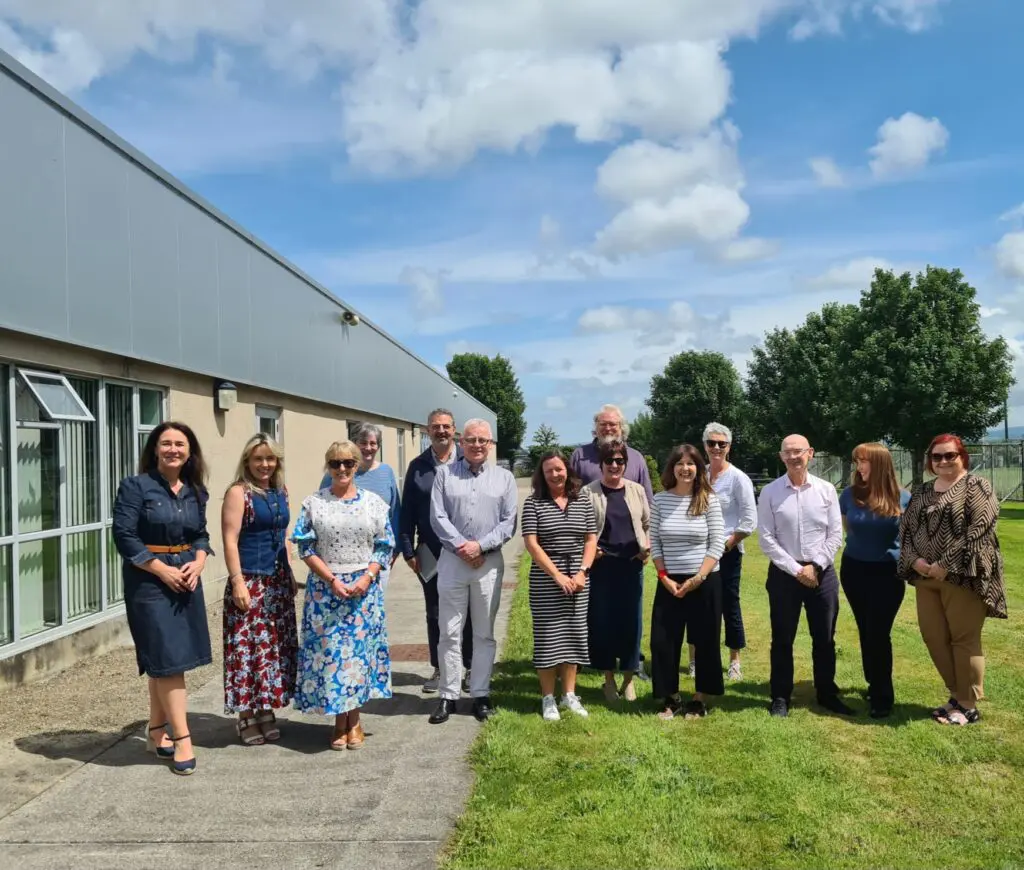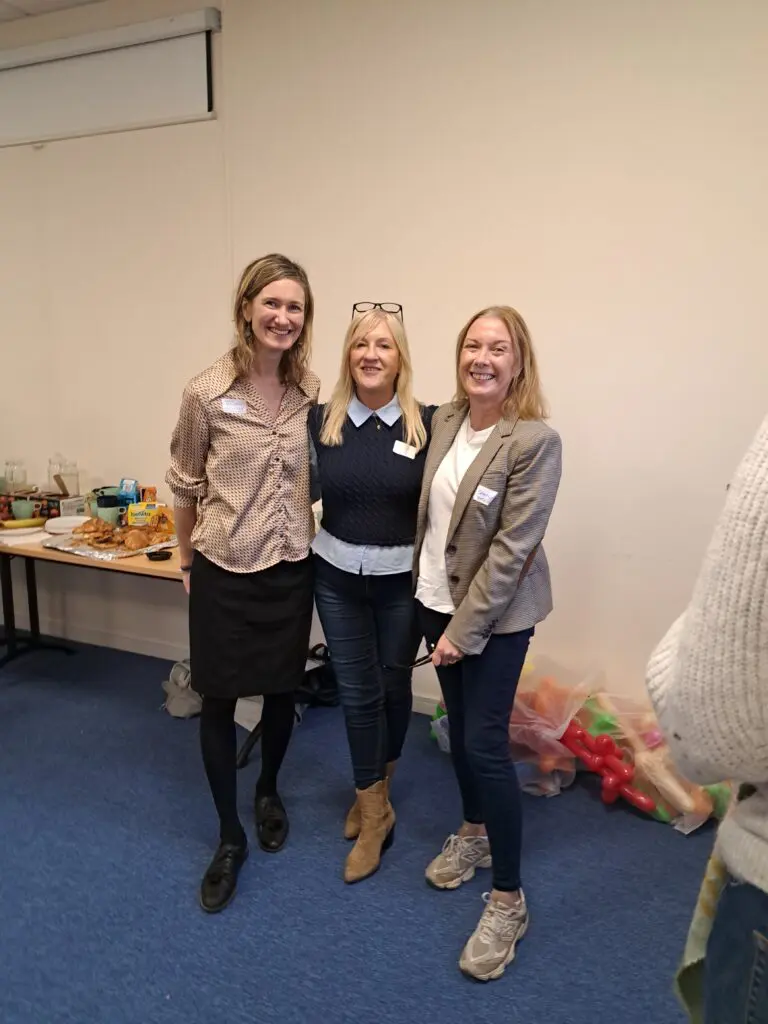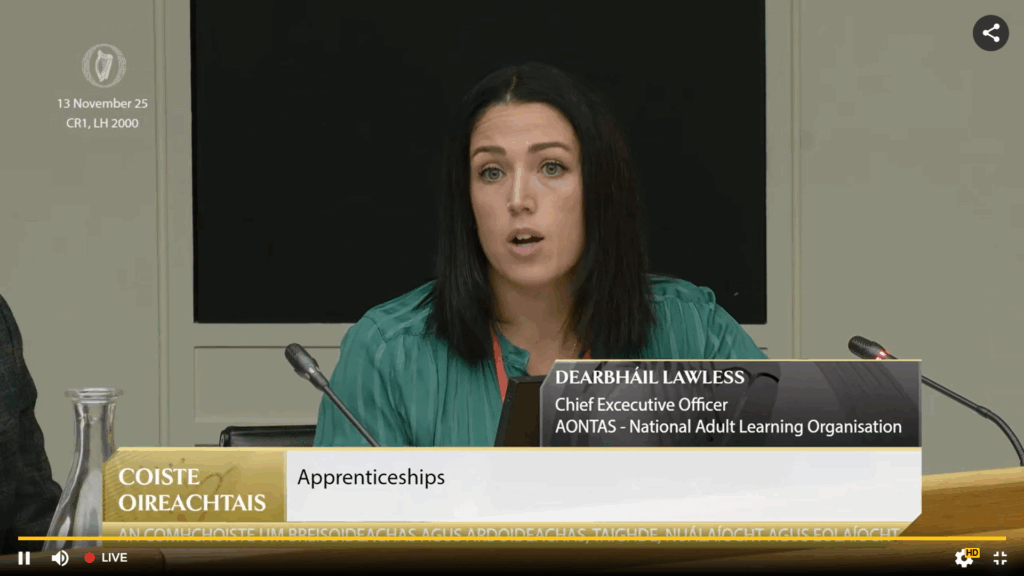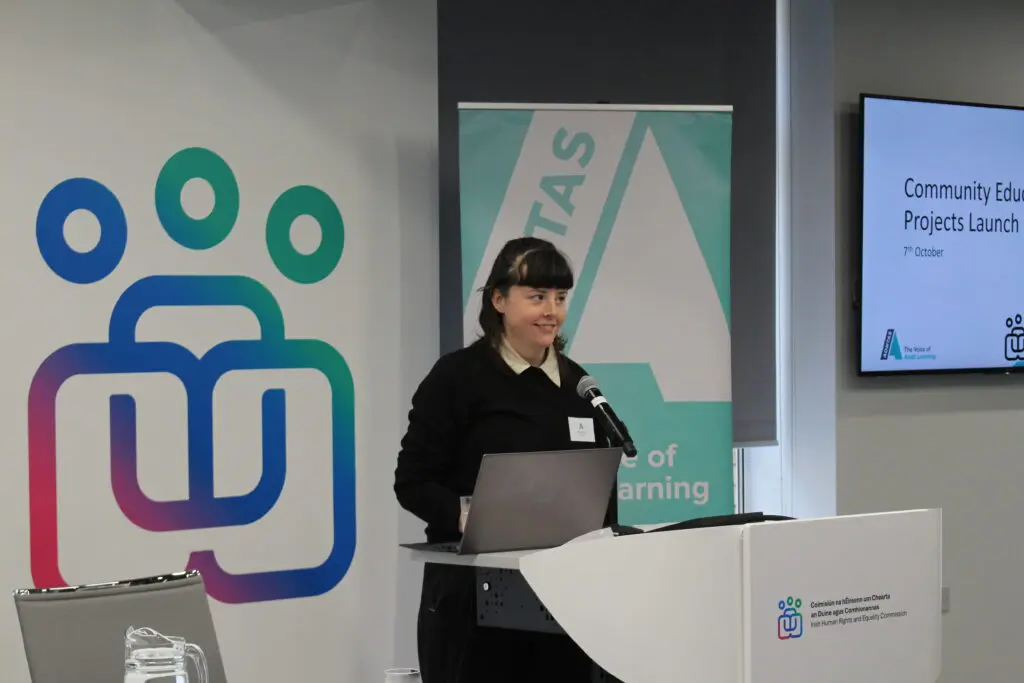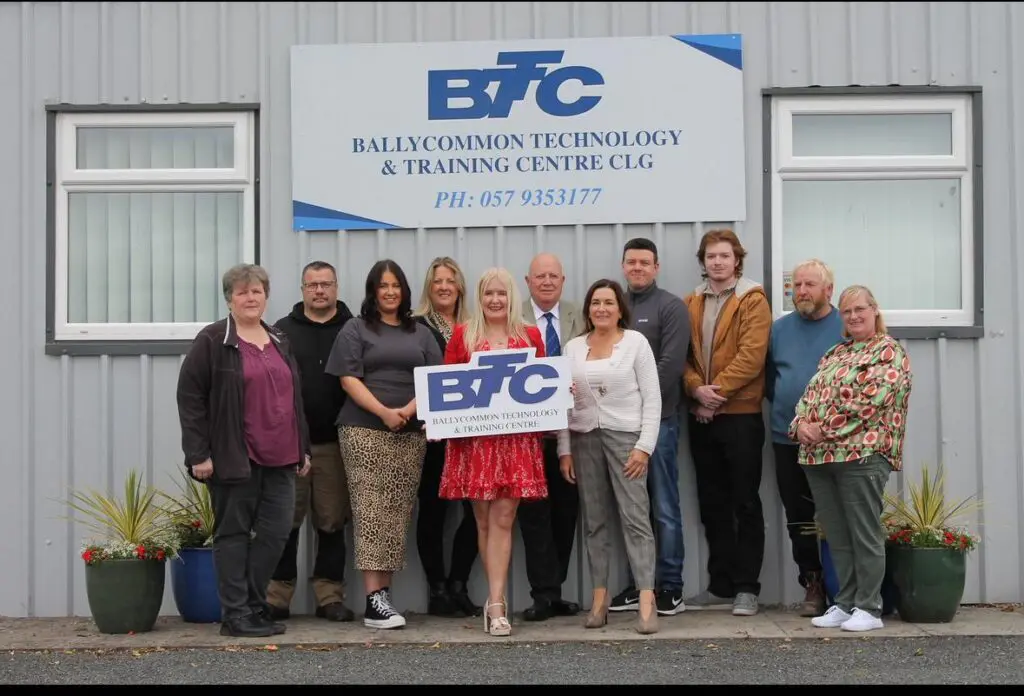Our vision for Lifelong Learning
AONTAS understands lifelong learning to mean all learning, both formal and non-formal, undertaken by individuals from childhood through to the third age. Adult learning is a key part of the lifelong learning spectrum and its role embraces both economic and broader social purposes. The modern concept of lifelong learning has its roots in the Delors Report, Learning, The Treasure Within, published by UNESCO in 1996, which proposed a holistic and integrated vision of education based on the paradigms of lifelong learning, and the four pillars of education identified as :-
- Learning to be
- Learning to know
- Learning to do
- Learning to live together
It is vital that adult learning maintains its broader purpose, both AONTAS members and adult learners continually caution against limiting the focus of adult learning:
“Since returning to education I have gained a lot of confidence and I am now comfortable with my peers as we all have an understanding and support one another. This new confidence also encourages my children to be confident. My decision to return to education now means my children are now surrounded by education and my influence encourages their own education.”
Programme for Government
Whilst the new Programme for Government (2016) makes specific reference to the proposed review of the Further, Adult and Community Education, it is disappointing that a specific reference to adult and community is not specifically named within the Ministerial brief, and it is instead titled ‘Training and Skills’.
In working with the new Minister of State, John Halligan TD, we will continue to raise the issues effecting the adult and community education sector, specifically outlining our key areas of concern as described in our response to the new Programme for Government.
Our focus remains on:
- the need to waive QQI re-engagement fees for community education organisations as a matter of equity;
- the need to increase ring-fenced funding for community education (1.6% to 3.2% of SOLAS funding to Further Education and Training);
- our specific call for an inclusive approach to the proposed ‘Review of Further, Adult and Community Education’ and the value of women’s community education to further the aims of empowering women will be at the forefront of our discussions.
A History of Ministers of State with Responsibility for Adult and Community Education 1997 – 2016
AONTAS has taken a look back at the previous ministerial roles. Since the first appointment of Willie O’Dea in 1997, there has been a shift in the language used within this specific ministerial area of responsibility: from ‘Adult Education’ in 1997 until ‘Lifelong Learning’ in 2007 to ‘Training and Skills’ in 2011.
1997, Willie O’Dea TD: appointed the first Minister of State at the Department of Education and Science with special responsibility for Adult Education, Youth Affairs and School Transport.
2002, Síle de Valera TD: appointed Minister of State at the Department of Education and Science with special responsibility for Adult Education, Youth Affairs and Educational Disadvantage.
2007, Sean Haughey TD: appointed Minister of State at the Department of Education & Science and the Department of Enterprise Trade & Employment with special responsibility for Lifelong Learning, Youth Work and School Transport.
2011, Ciaran Cannon TD: appointed Minister of State at the Department of Education and Skills with special responsibility for Training and Skills.
2014, Damien English TD: appointed Minister of State at the Department of Education and Skills and the Department of Jobs, Enterprise and Innovation with special responsibility for Skills, Research and Innovation.
2016, John Halligan TD: appointed Minister of State at the Department of Education and Skills and the Department of Jobs Enterprise and Innovation with special responsibility for Training and Skills.

